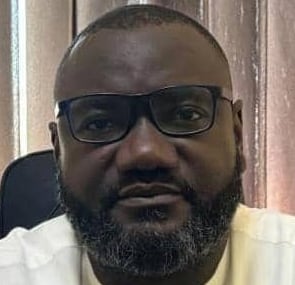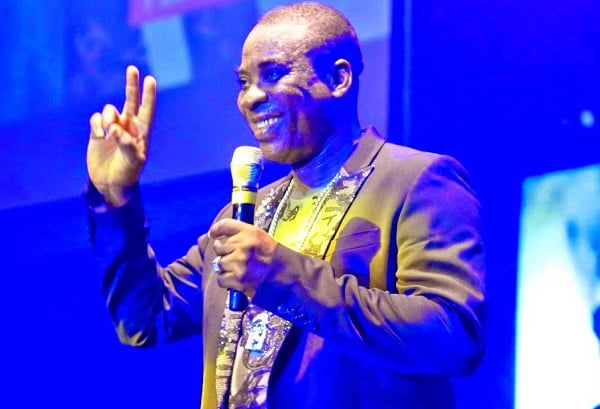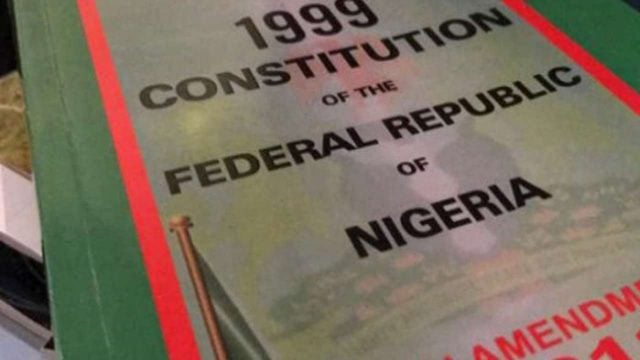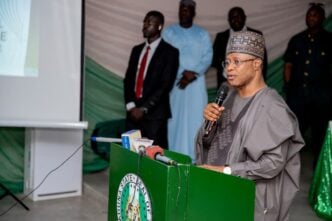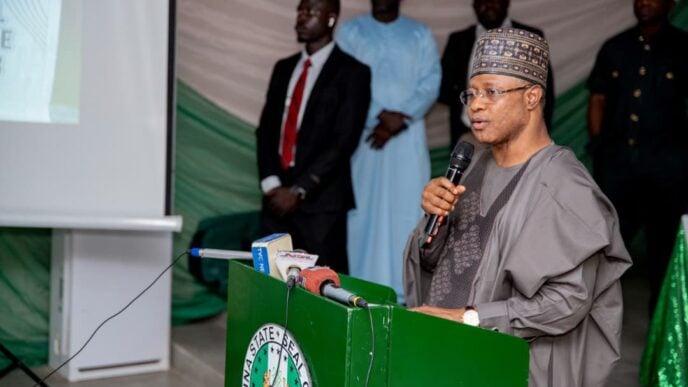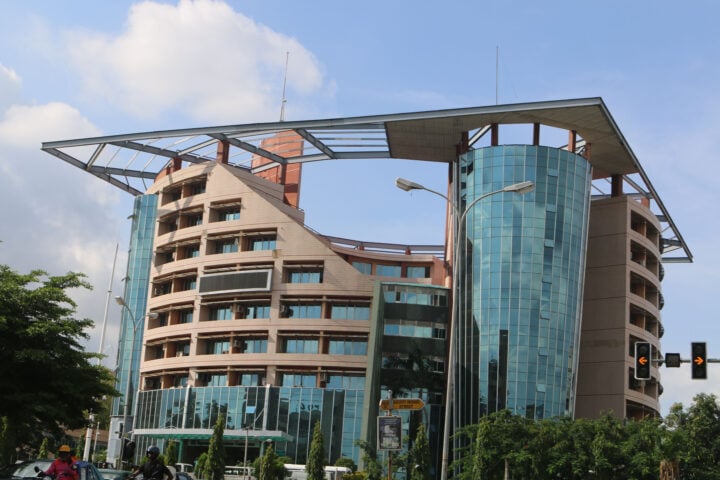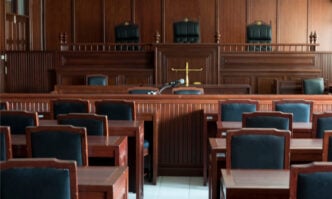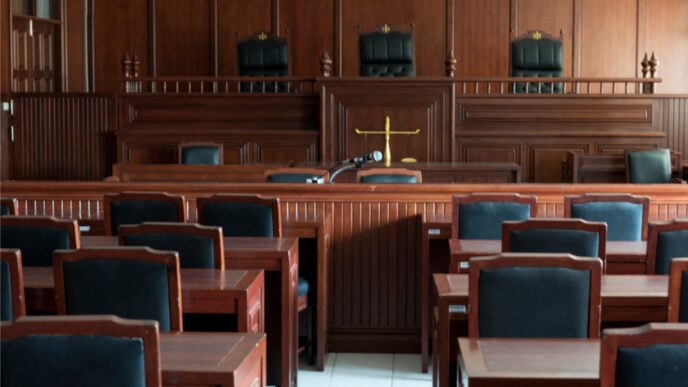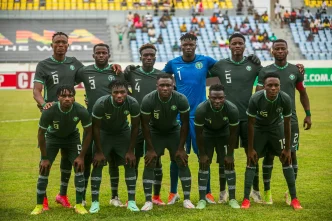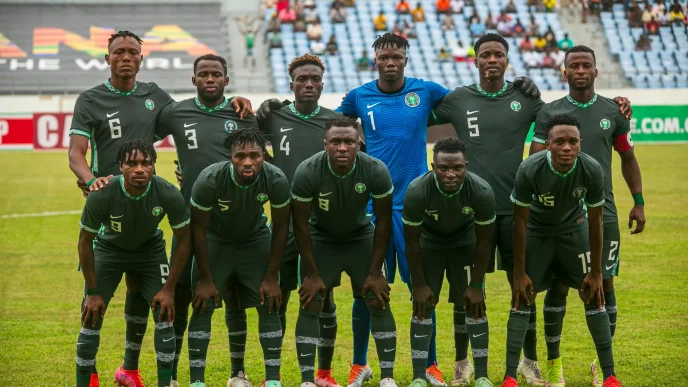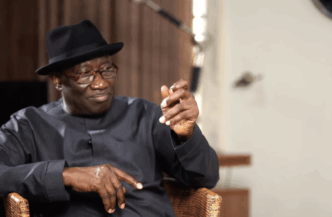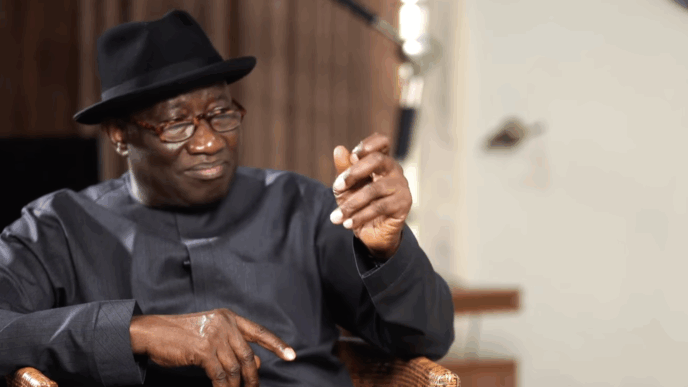VIDEO: Kwam1 eulogises Messi, Argentina on World Cup victory
I don’t like conspiracy theorists. They make you think of so many things, including impossible ones. But sometimes their truth is wrapped, and it takes extra effort to unpack to see the main content. This is what I hold against conspiracy theorists because they are influenced by logical fallacies, where they begin with what they are trying to end with. A conspiracy theorist could speculate that the recent security breaches at the airport are part of a larger plan to breach aviation security in the country. Do we agree?
It started with “KWAM 1”, then we labelled the second incident in our usual playful manner as “KWAM 2”. I heard there is a “KWAM 3” version already. And the joke continued. As funny as it may sound, all of these episodes pointed in one direction. Our aviation security system is on life support. The effrontery of stopping an aircraft from taking off and the resort to brute force to deboard an unruly passenger exposed something very fundamental that should not be treated with kid gloves. It is an indication of unpreparedness in responding to security threats as they present themselves in the aviation sector.
I will start with “KWAM 1”. He attempted to prevent an aircraft from flying because he was denied boarding for having a flask with an unknown content. He protested and had his way until the pilot decided to call off his bluff. Sensing danger, he retreated and dodged the wing of the moving aircraft. The ability to prevent an aircraft from taking off, even for a minute, is a grave security breach. Even though there were airline ground staff with him, all they did was try to persuade him to leave. That wasn’t an effective strategy. It was a lame-duck and that is why the episode generated so much attention. Had he been demobilized with an electroshock weapon, the drama of standing in front of an aircraft with the engines running ready to taxi would not have happened in the first place. There was also the possibility of the incident disorienting the pilot throughout the flight, putting the lives of all passengers on that flight at risk.
“KWAM 2” was even more dramatic. She was forcefully removed from the aircraft like a criminal. In that moment of rage, anything could happen, including damaging the aircraft. She was dragged on the floor and down the exit stairs of the aircraft, with her privacy avoidably violated. She revolted and was able to sustain her position for a while. The ensuing commotion was enough for any non-state actor to take advantage of because unauthorized persons found their way to the tarmac. That was also a grave security breach.
Advertisement
These two unpleasant events have exposed some defects in the aviation security strategy. The videos are all over the internet. Sadly, social media is an unregulated space. According to the Sultan of Sokoto, social media is a “terrorist organization”. He made a strong point with his assertion. I agree with him. The social media space is not just a place for sharing information. It is also a place for gathering information for positive or negative purposes. The social media space can make or mar you. It can also threaten national security. Do we remember the infamous September 11 attacks in the United States of America? The four hijacked aircraft were on domestic routes. Those who hijacked the planes didn’t just jump onto the plane. They watched carefully, noticed some security lapses, tested the lapses with dry runs, and built their strategy around them. And they were successful.
Coming back to the episodes, what was the response time to call for reinforcement when such a situation presents itself? How eagle-eyed are the aviation security personnel? Are they well-trained for emergencies? Are they adequately trained to demobilize errant passengers without scuffles? Please watch the footage again and draw your conclusion. In both cases, it was evident that the flight attendants and ground staff are not top-notch in demobilizing errant passengers. Let me ask a question. What if KWAM 1 or 2 displayed such erratic behaviour midair? Or when a passenger seated by the emergency exit goes berserk and attempts to open the emergency exit midair? I don’t even want to think about it. The takeaway is that flying domestically in Nigeria is a huge risk.
In this case, I am a conspiracy theorist. There is more than meets the eye in the two events. It reveals underlying vulnerabilities in our aviation security that aren’t obvious at first glance. Let’s not trivialize them. The frequency of events is curious and should give the relevant authorities sleepless nights. There is no doubt that our aviation security architecture needs an overhaul. That should be the main conversation and not about selective justice between Kwam 1 and 2. Both of them were successful in their nuisance, and the world has taken note. There is an urgency at hand. First, the recruitment policy for airport operations personnel should be as rigorous as getting enlisted into the military. It should not be an all-comers affair. It’s a high-risk environment. Secondly, it should not be about beautiful faces alone. Flight attendants should also be trained on de-escalation techniques to manage conflicts or potentially volatile situations without escalating them further, as in these recent cases and other incidents that were poorly managed. Episodes like this should not be frequent, especially when Nigerian airlines are beginning to make inroads in international routes.
Advertisement
Thinking like a conspiracy theorist, events like this could be orchestrated to test the waters in preparation for a bigger plot. Let’s make no mistakes; anything is possible. Once you innovate, it increases the probability of the impossible. There can be hostage-taking on our domestic routes. Who believed that there would be suicide bombings in Nigeria? Who believed Nigeria would be fighting insurgency? Once upon a time, they seemed unlikely. But they are here with us. Our lack of preparedness increased the casualties. We can’t repeat such mistakes. This might be costlier, and hopefully the military won’t be blamed as usual.
Ocheja, PhD, specialises in the documentation of the military histories of Nigeria and Africa.
Views expressed by contributors are strictly personal and not of TheCable.
